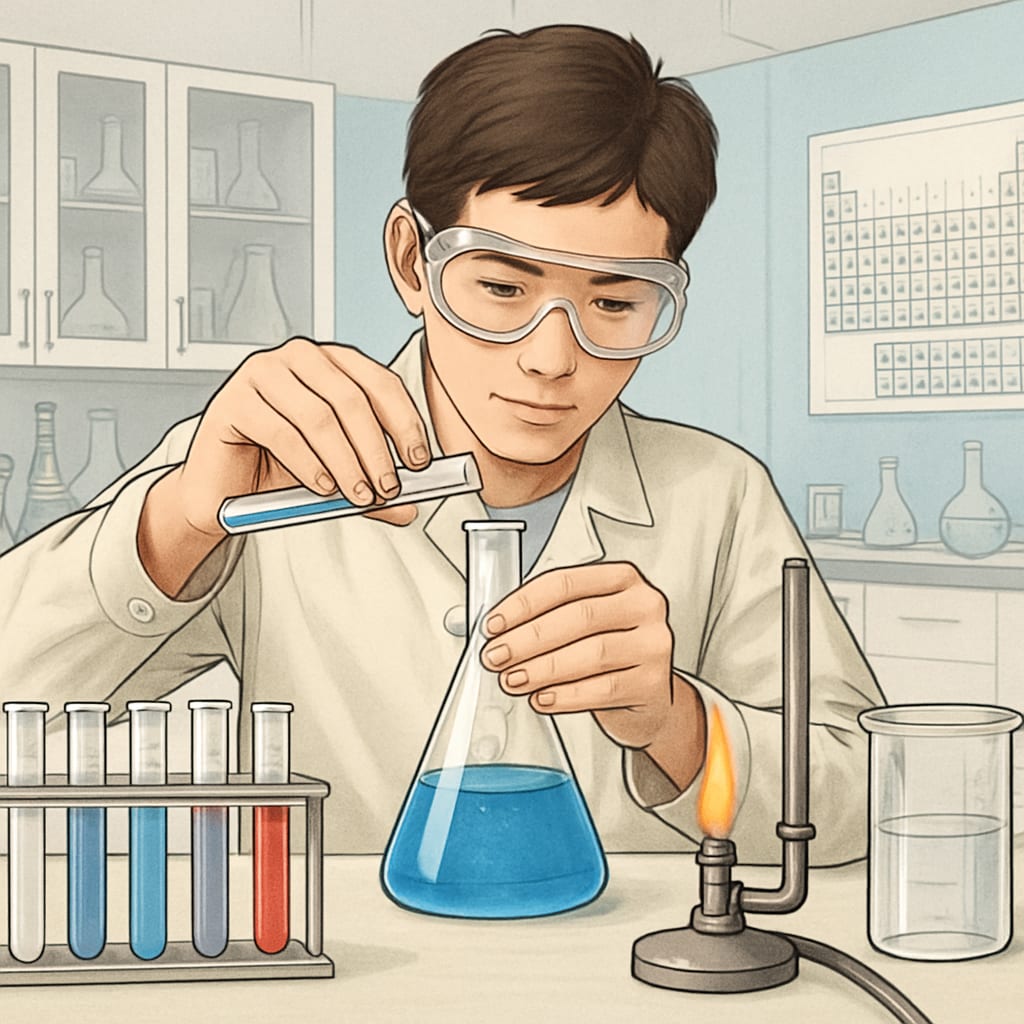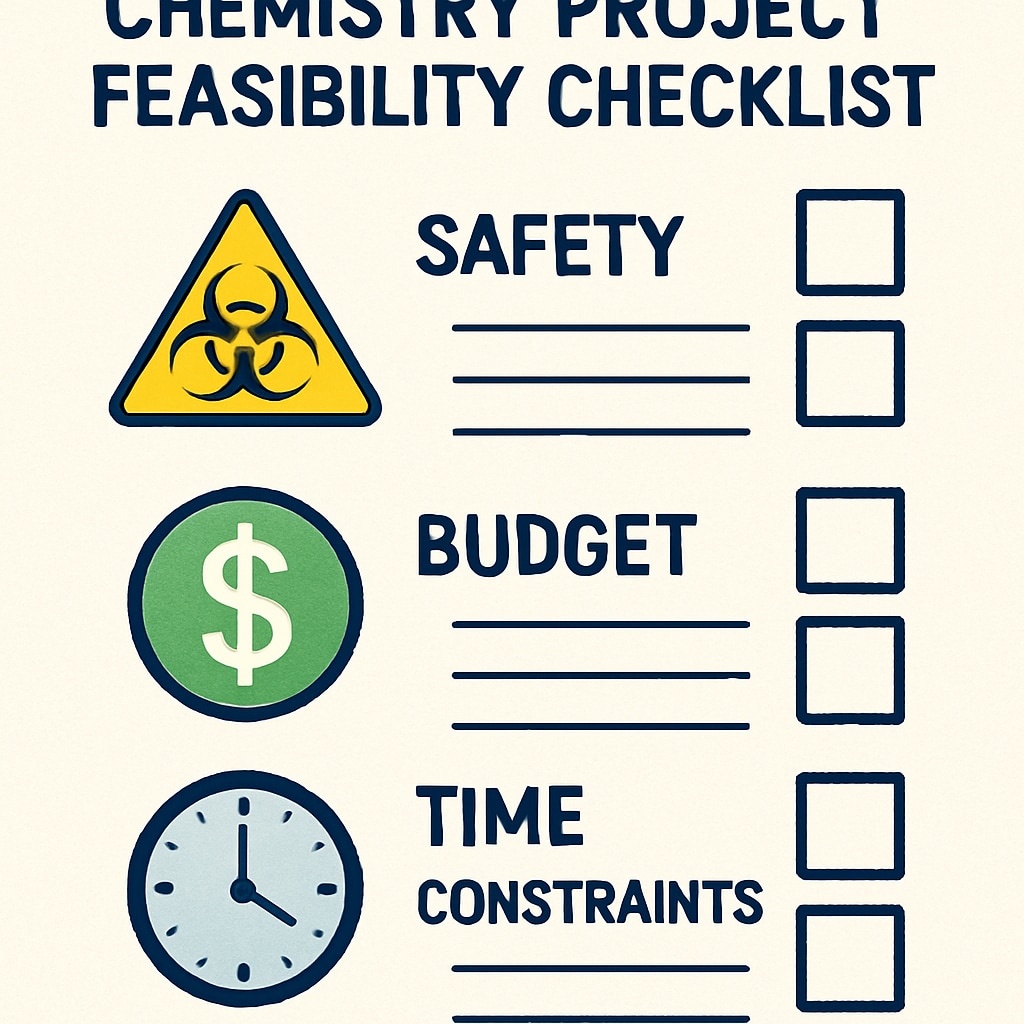Choosing a topic for a high school chemistry research project can feel overwhelming, but with the right approach, you can turn confusion into clarity. This guide will help you navigate the process by combining your interests with practical considerations like feasibility and real-world relevance. Whether you’re passionate about environmental science, pharmaceuticals, or materials chemistry, there’s a project waiting for you.
Start With Your Interests
The best research projects begin with genuine curiosity. Ask yourself: What aspects of chemistry excite you? For example, if you love cooking, you might explore the Maillard reaction (the chemical process behind browning food). Alternatively, if environmental issues interest you, consider studying water purification methods or biodegradable materials. The American Chemical Society offers resources for student researchers to spark ideas.

Explore Interdisciplinary Connections
Chemistry intersects with many fields, creating unique project opportunities. Here are three interdisciplinary approaches to consider:
- Chemistry + Biology: Investigate enzyme kinetics or the chemical composition of natural remedies.
- Chemistry + Physics: Study the properties of superconductors or nanomaterial synthesis.
- Chemistry + Engineering: Design a cost-effective battery or test construction materials.
For inspiration, browse the Wikipedia chemistry topics list, which highlights connections between chemistry and other disciplines.
Assess Feasibility and Resources
Before finalizing your topic, evaluate these practical factors:
- Timeframe: Can you complete the project within your deadline?
- Equipment: Does your school lab have the necessary tools?
- Safety: Are there hazardous materials or procedures involved?
- Cost: Can you afford the materials or find sponsors?

Remember, a well-designed small-scale study often yields better results than an overly ambitious project. For instance, testing household substances for pH levels requires minimal equipment but can produce meaningful data. As a result, you’ll build confidence in your research skills while delivering a polished final product.
Readability guidance: Use short paragraphs and lists to break down complex ideas. Limit passive voice and prioritize active constructions like “You can test…” instead of “Tests can be conducted…” Transition words like “however,” “therefore,” and “for example” improve flow between ideas.


